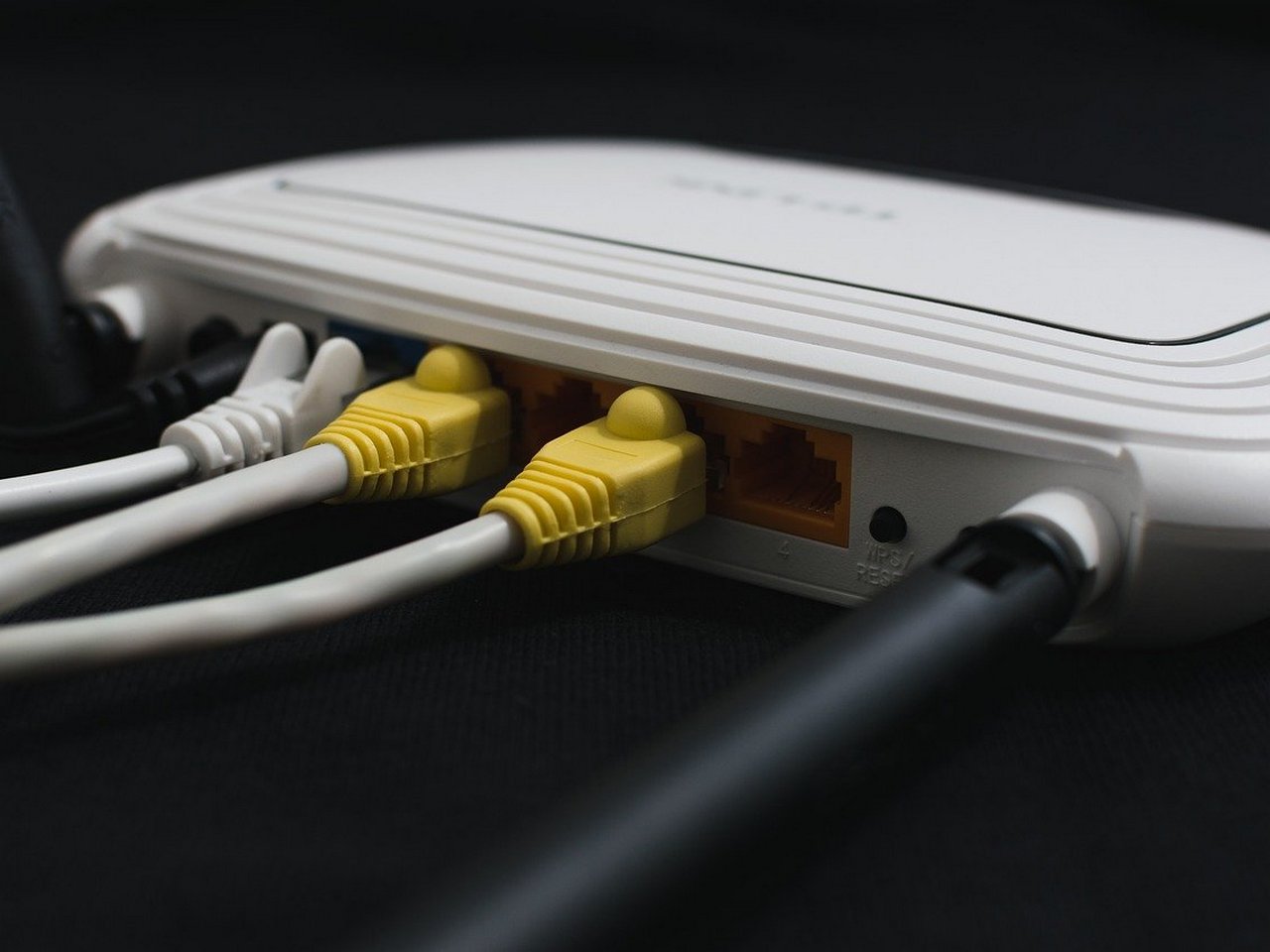Meta (formerly Facebook) announced the closure of its Express Wi-Fi program, which began in 2016. Its goal was to provide low-cost Internet to people in developing countries (such as India, South Africa, and the Philippines) through partnerships with local communities, mobile carriers, and businesses. The cost was 15 cents per 100 MB or $5 for 20 GB.
At the same time, retailers could sell hotspot equipment at reasonable prices set by them and the operator, not Facebook. The calculation of the latter was that users, who have got their hands on the World Wide Web, will rush to create accounts on Facebook. As in the case with Google, a significant share of the company’s growth in recent years falls on developing countries, where many had previously had no internet at all.
Meta, meanwhile, will focus on other projects related to Internet access.
“When we finalize the program later this year, we will work closely with Express Wi-Fi partners to minimize the impact on their business and connectivity for their customers,” Meta said.
The Wall Street Journal recently wrote that disruptions to Meta’s free Internet services have resulted in unplanned spending of users’ money in countries such as Pakistan. The company also favored its own content on its Discover service with free data to the detriment of other sites.
